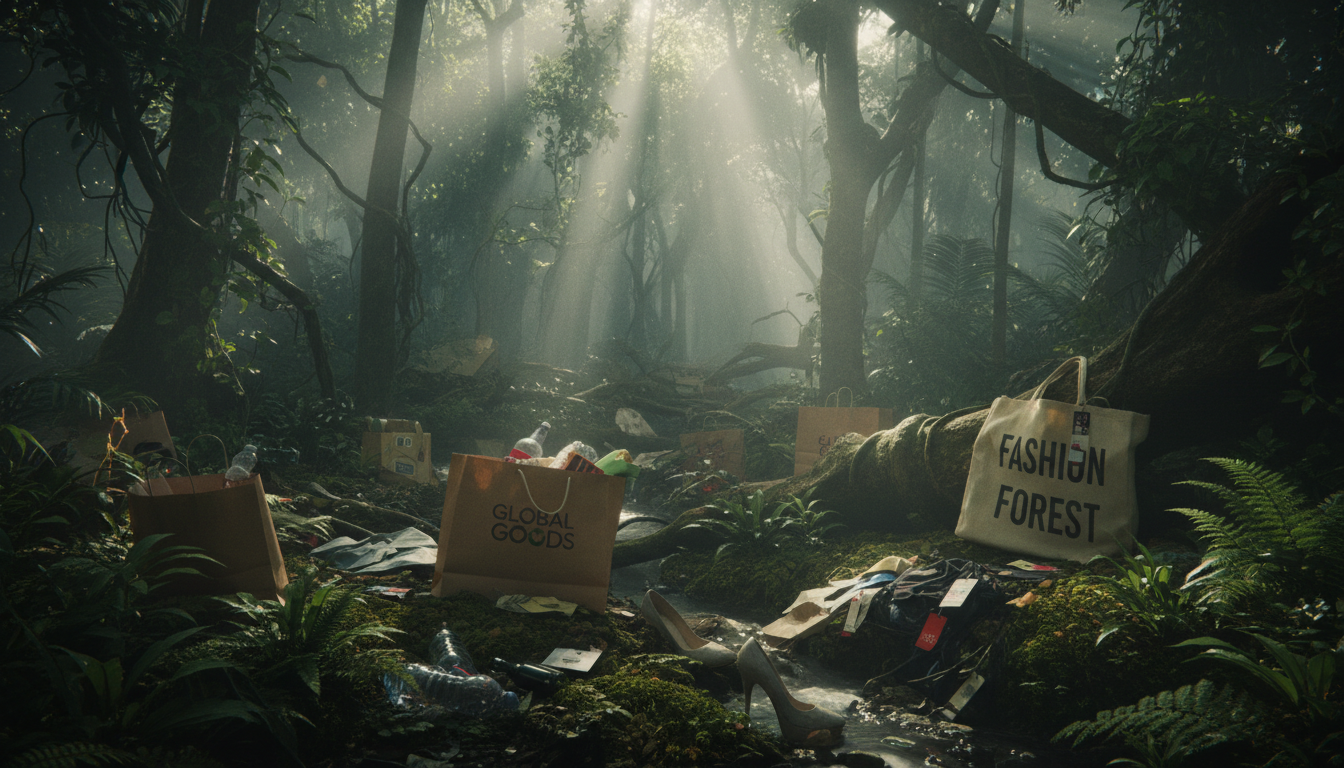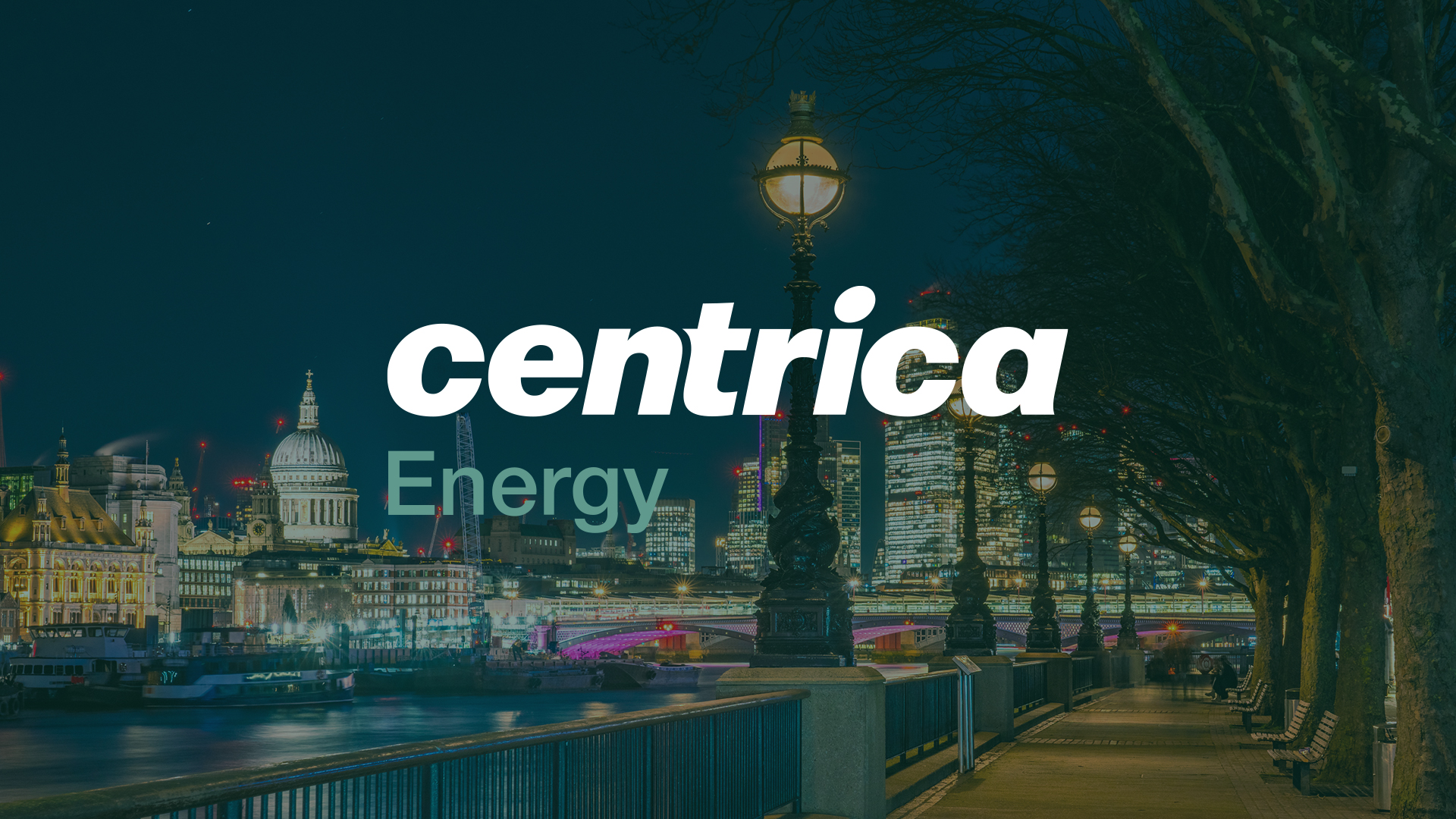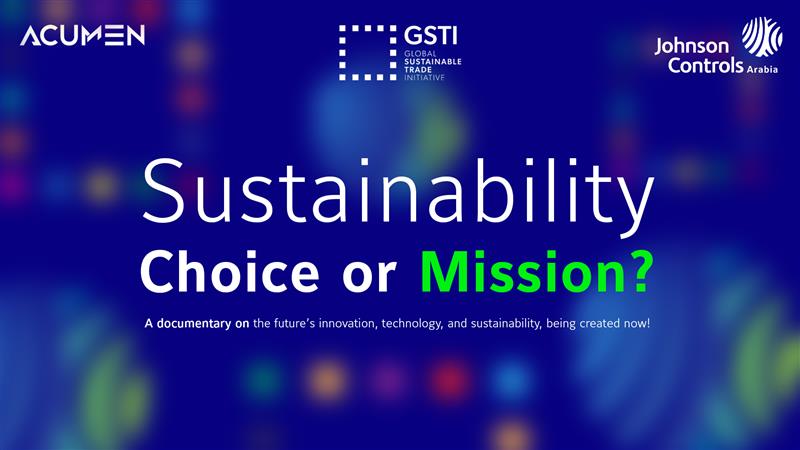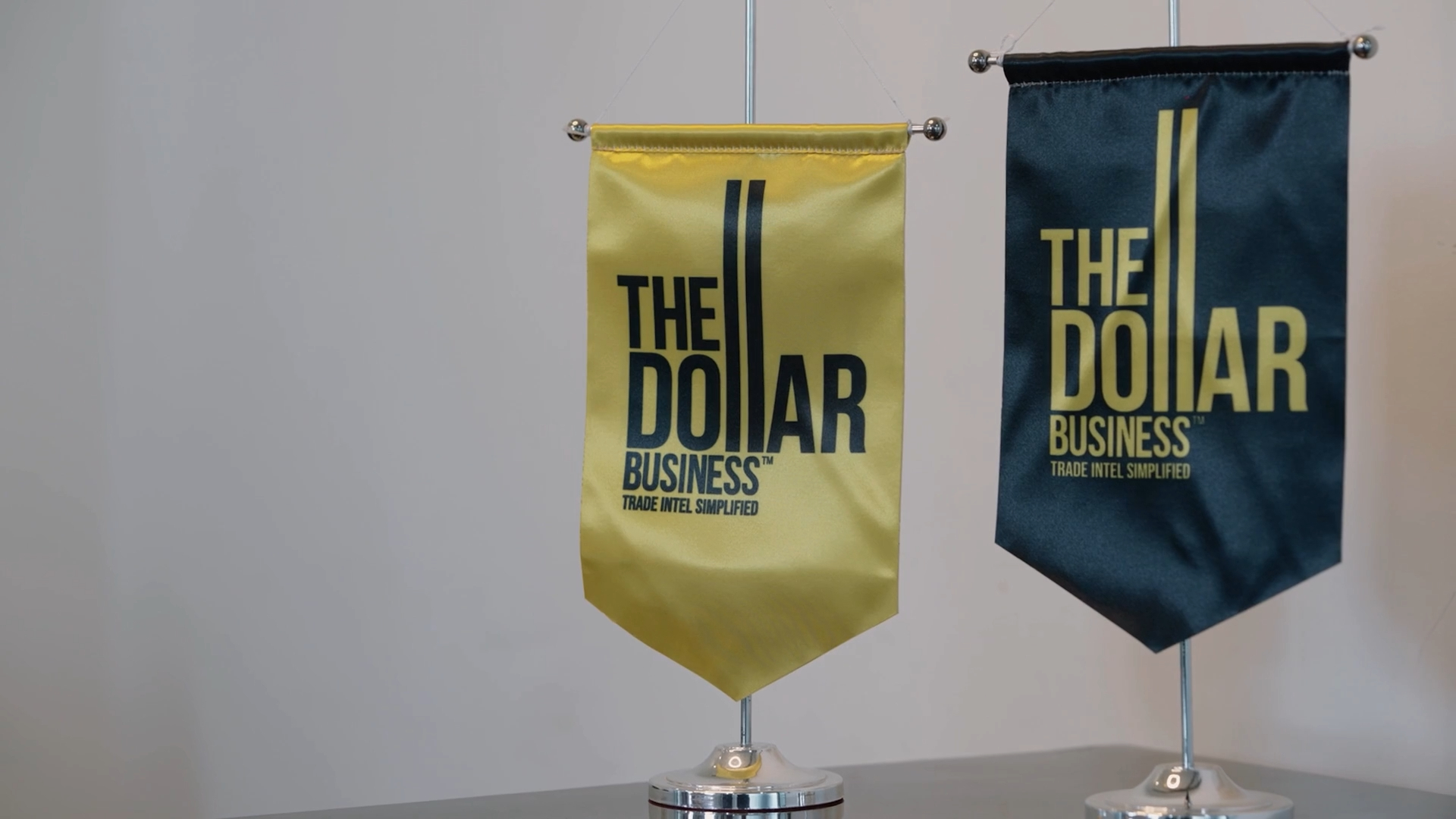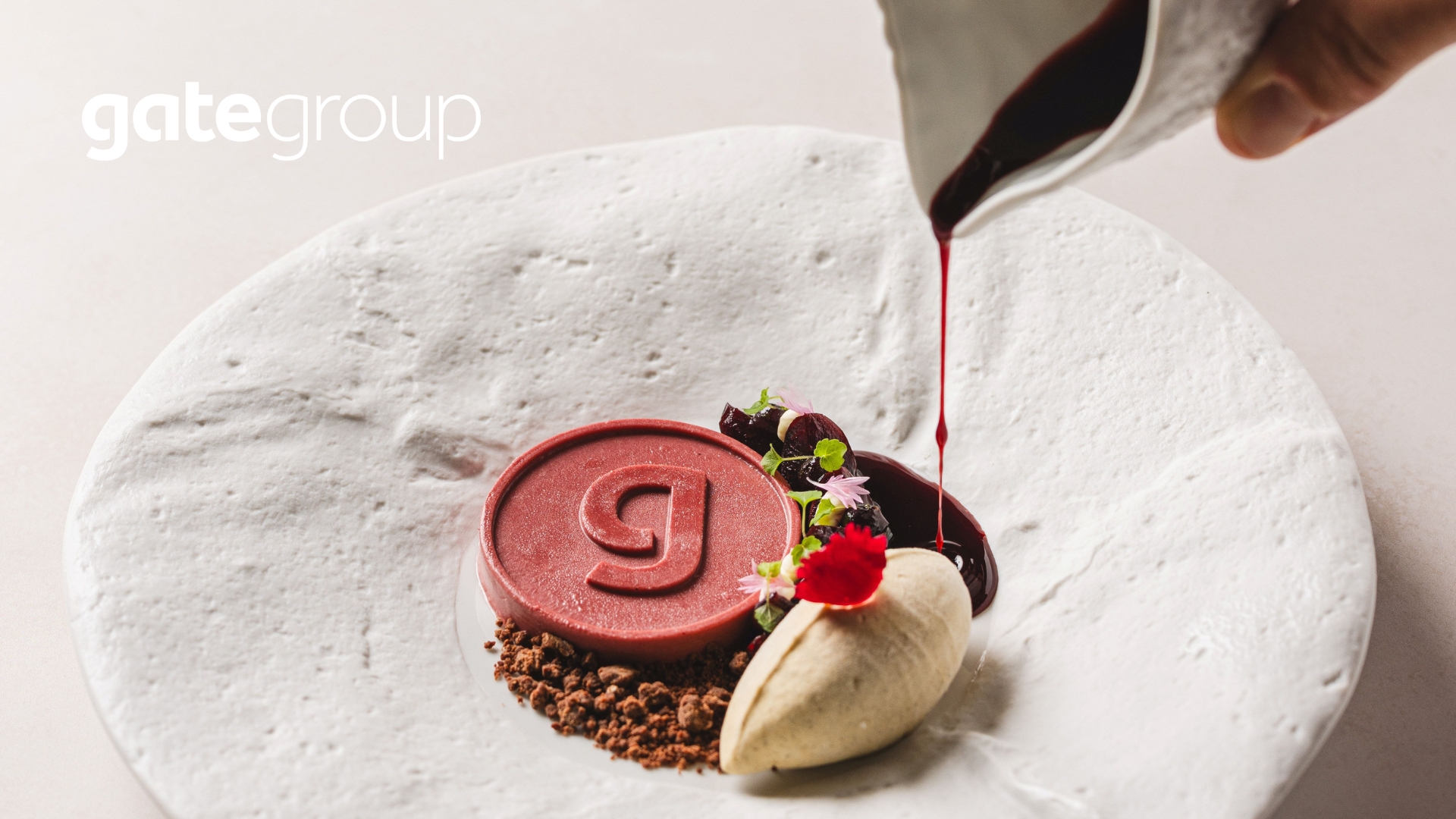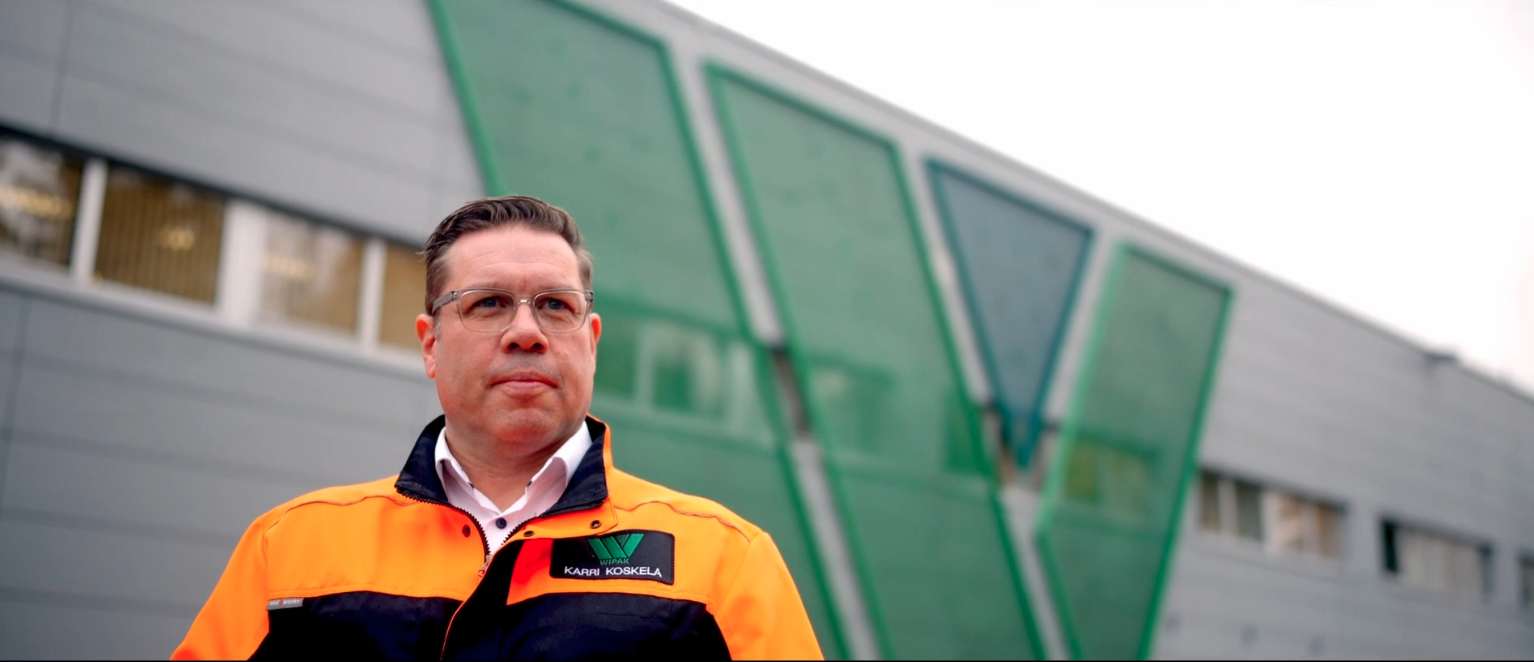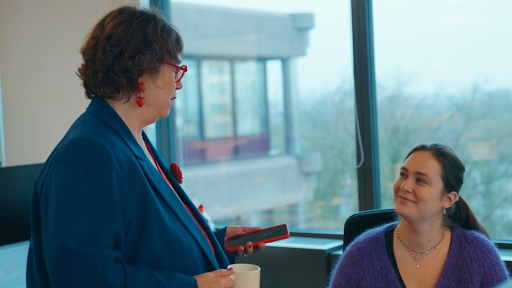Driving Circularity with Reusable Packaging
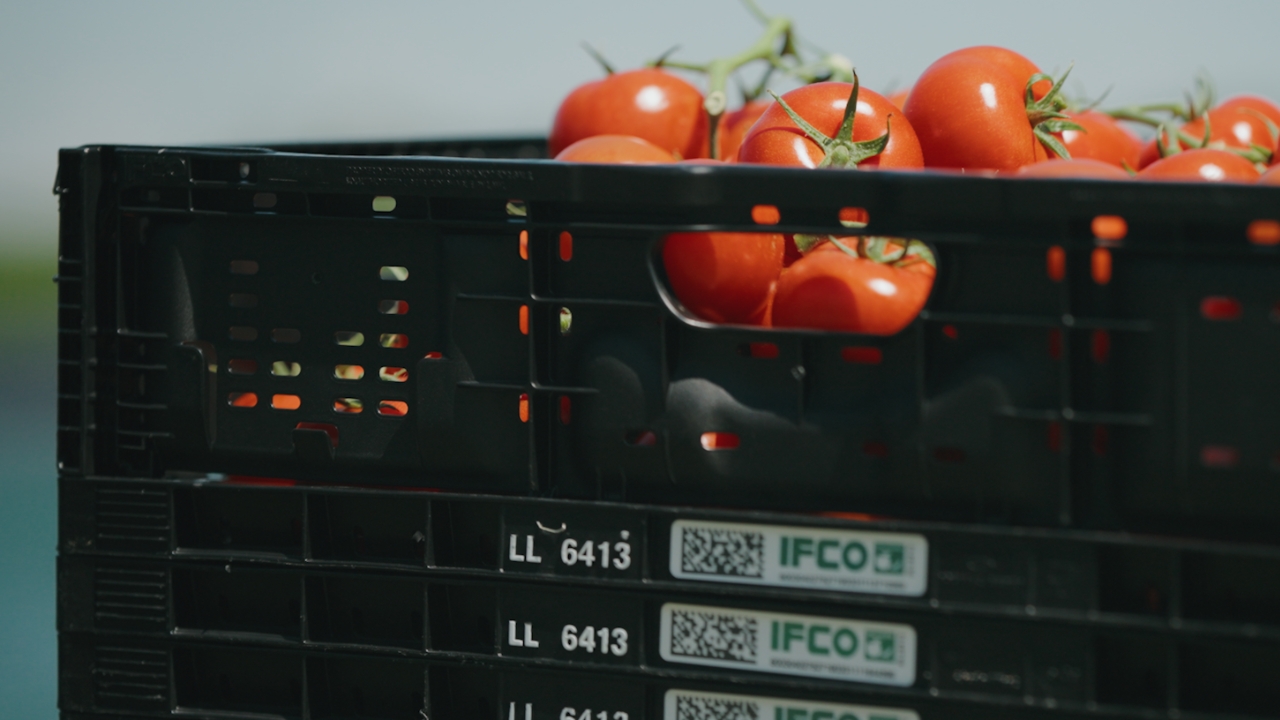
IFCO’s circular model for reusable packaging empowers growers and retailers to run their fresh grocery supply chains more sustainably
The global fresh grocery supply chain is always on the move. Now, it’s moving faster in a more sustainable direction, thanks to the scale, scope and user-friendliness of the IFCO circular model for reusable packaging solutions.
Back in 1992, the IFCO SmartCycle circular model was designed with a clear purpose in mind: to provide a comprehensive portfolio of reusable packaging solutions to be shared and reused hundreds of times through a best-in-class, closed-loop pooling service that meets the challenges of the global fresh grocery supply chain. Over the years, the intrinsically sustainable circular model has been further refined.
Essentially, this means that the IFCO reusable packaging containers (RPCs) transport fresh products hundreds of times during their lifetime. When that long service life ends, they are recycled to make new RPCs. Every year over 380 million RPCs are shared and reused by IFCO’s customers over 2.2 billion times.
Reusable packaging solutions in line with UN SDGs
Long before the United Nations’17 Sustainable Development Goals were adopted in 2015, IFCO had set ambitious sustainability goals and was empowering growers and retailers to reach theirs.
Today, the UN SDGs serve as a valuable reminder to push harder in a way that protects the environment and secures the global food supply.
In the ESG (Environmental, Social, Governance) Report, IFCO highlights how their activities support a range of UN SDGs. Take SDG 13 for Climate Action. IFCO has committed to Science Based Targets to further reduce its carbon footprint in line with a 1.5-degree scenario on the way to fully decarbonize its business by 2040, as outlined in the IFCO Roadmap to Net Zero.
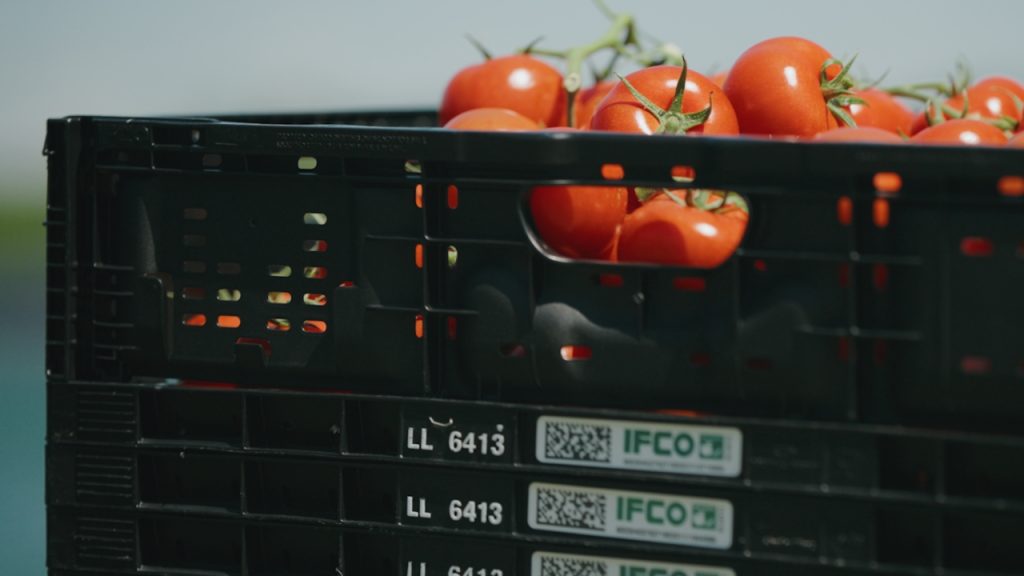
Circular model for reusable packaging advances sustainability
Perhaps the SDG that best summarizes the company’s mission is SDG 12: Responsible consumption and production. IFCO’s SmartCycle fully embraces the business recommendations from SDG 12, including adopting a circular model or closing the material loop. Replacing single-use packaging with IFCO reusable packaging also allows growers and retailers to advance on SDG 12.
Using third-party peer-reviewed Life Cycle Assessment studies based on ISO14044, IFCO has scientifically quantified the environmental benefits of its SmartCycle in reduced CO2-e emissions, water consumption, energy use, solid waste and food waste. Every year, the savings are summarized for each customer in their own IFCO Sustainability Certificate in recognition of the commitment of our customers to improve the sustainability of their supply chains.
Reusable packaging is the sustainable choice
Sustainable fresh grocery supply chains rely on strong partnerships and close collaboration on local and international levels. Notably, IFCO’s commitment to such long-term partnerships ties in with SDG 17, which sees global partnerships as key to sustainable development.
Take for instance the close collaboration with REWE Group, one of Europe’s leading retail operations and a long-standing partner retailer of IFCO, Gemüsebau Steiner, a local eco-friendly grower, and Tafel, one of the largest food bank organizations in Europe. IFCO’s circular model for reusable packaging brings compelling benefits for all three, particularly in terms of reduced waste, lower CO2-e emissions and increased efficiency.





